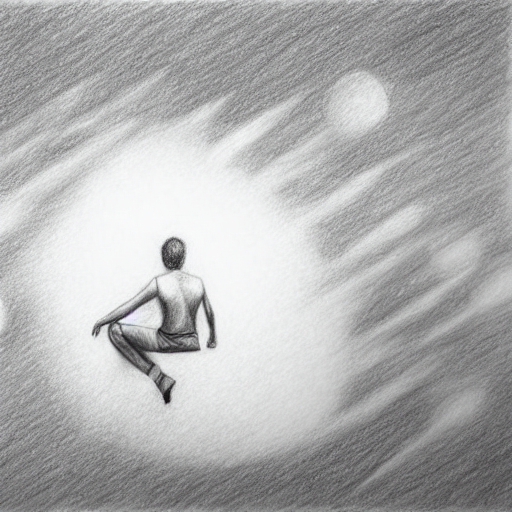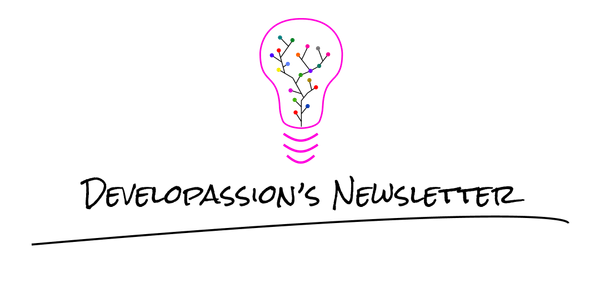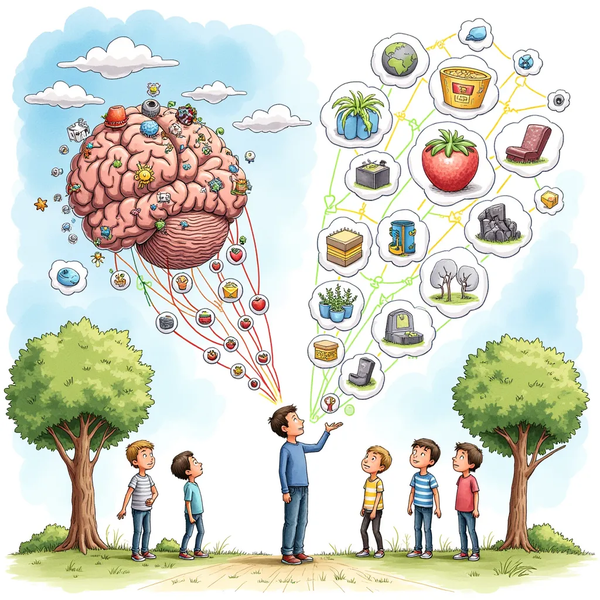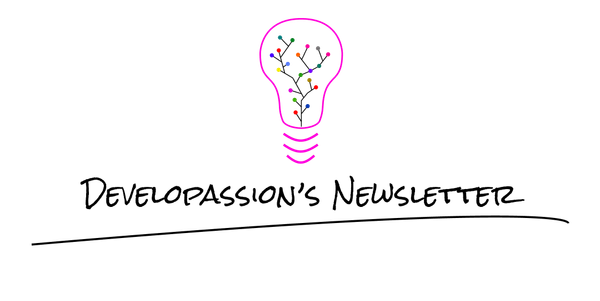Are my Thoughts Useful?
Thoughts are nothing more and nothing less than thoughts. We don't have to accept them as true. Read this to learn more about cognitive defusion.

In this article, I want to discuss about cognitive defusion, and how it can help us live a better life.
Thoughts are only thoughts
Our brains generate new thoughts all the time. Those thoughts are the result of complex processes influenced by our current state of mind, our emotions, our brain chemistry, our immediate environment, previous thoughts, memories that have been created or resurfaced recently, short-term memory, etc. Those are also sometimes seemingly random, as our minds sometimes mix unrelated ideas together, leading to very creative results.
While those thoughts are indeed generated by our own minds, they're only thoughts. Nothing more. Nothing less.
Thoughts are real, but they're not us
Thoughts are real in the sense that they emerge in our own minds. They're real because once they have been generated, we become conscious that they're there. Thoughts and emotions are closely related, one often caused by the other.

It's important to realize that even though they're real, they don't define our own reality. Thoughts are thoughts, and reality is reality. Our thoughts are not us. They're products of our brains. Nothing more. Nothing less. When we think "I'm a loser", we have two major choices: accept that thought as our reality, leading to a tsunami of negative emotions, or just look at that thought as what it is, just a thought produced by our brain.
Cognitive defusion
Cognitive defusion is all about considering the difference between ourselves as a whole and our thoughts. We are not our thoughts. We generate them, mostly unconsciously, and that's it. We are way more than those.
Being able to observe our thoughts in this way enables us to make better use of our time and energy. Instead of accepting thoughts as our reality and feeling miserable, we can instead reject or ignore those that are not useful or helpful. Thinking "I'm a loser" serves no useful purpose. That's the kind of thought that we have to dismiss right away. It leads nowhere but to sorrow and pain.

Children are rarely taught about cognitive defusion. That's why most of us are naturally inclined to blindly accept our thoughts. Learning to look at those as separate from ourselves is a really valuable skill to acquire and develop.
Each time a new thought pops into your mind, pay attention to it, and observe it like you would observe an ad on a billboard. It's just a crafted message. Either you accept it or you reject it. But the choice is always yours!
Conclusion
Cognitive defusion is helpful because it can really help us keep a smile on our faces, no matter what life throws at us. It can help us remain positive and focused on making progress. Self-loathing and self-criticism are dangerous and destructive. They only lead to negative emotions, pain and sorrow. The world is challenging enough as it is, there's no need to add needless suffering to our lives.
Our minds have the ability to exhibit wonders of creativity. But that creativity sometimes leads to weird results. It's up to us to filter through the noise and focus on the gems.
So, what are your thoughts about this?
References
- https://thepsychologygroup.com/defusion/
- https://cogbtherapy.com/cbt-blog/cognitive-defusion-techniques-and-exercises
- https://www.sydney.edu.au/content/dam/students/documents/counselling-and-mental-health-support/cognitive-defusion.pdf
About Sébastien
I am Sébastien Dubois. You can follow me on X 🐦 and on BlueSky 🦋.
I am an author, founder, and coach. I write books and articles about Knowledge Work, Personal Knowledge Management, Note-taking, Lifelong Learning, Personal Organization, and Zen Productivity. I also craft lovely digital products . You can learn more about my projects here.
If you want to follow my work, then become a member.
Ready to get to the next level?
To embark on your Knowledge Management journey, consider investing in resources that will equip you with the tools and strategies you need. Check out the Obsidian Starter Kit and the accompanying video course. It will give you a rock-solid starting point for your note-taking and Knowledge Management efforts.
If you want to take a more holistic approach, then the Knowledge Worker Kit is for you. It covers PKM, but expands into productivity, personal organization, project/task management, and more:
If you are in a hurry, then do not hesitate to book a coaching session with me:





